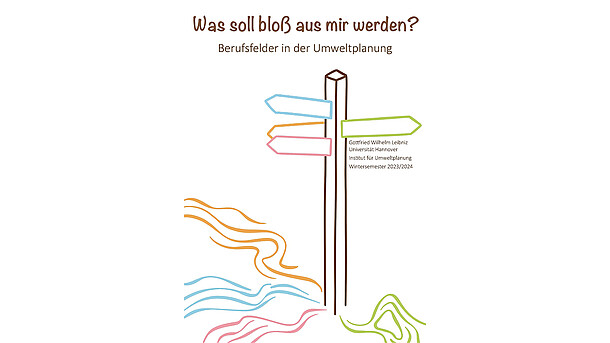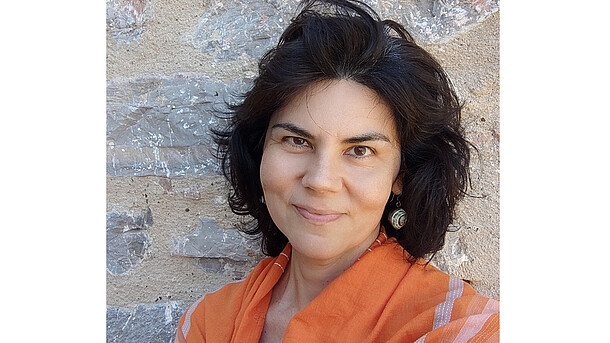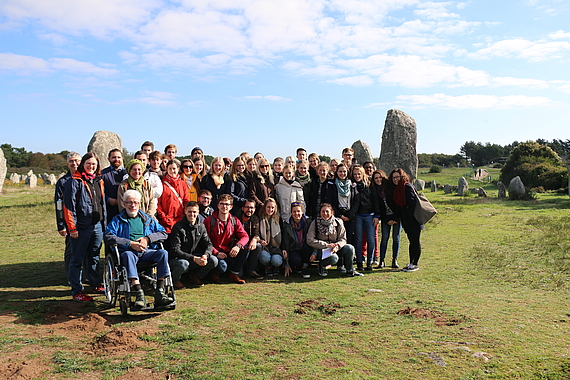
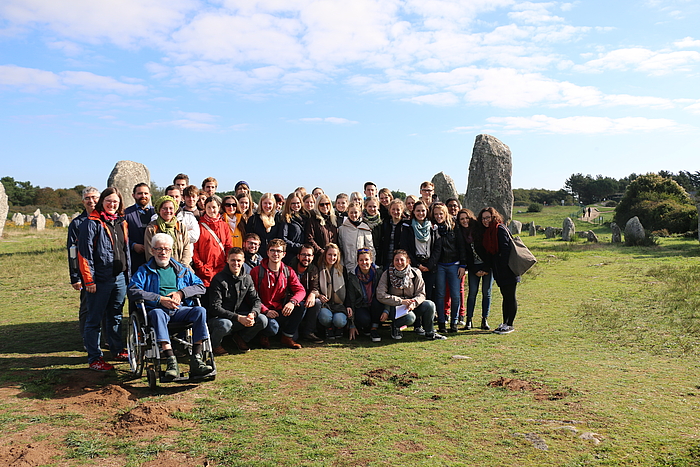
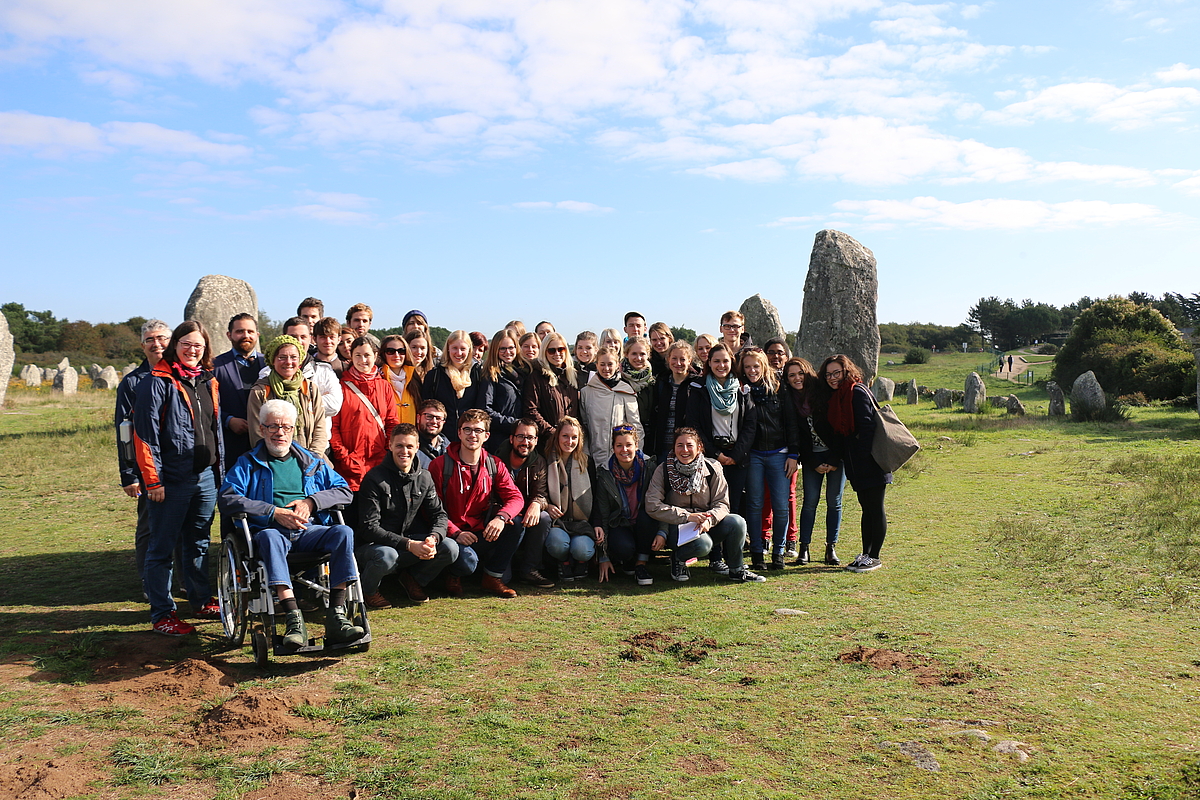
From 3 to 11 October 2015, 21 students from Leibniz Universität Hannover and 21 from the Ecole d'ingénieurs Polytechnique de l'Université de Tours, led by Dr Eric Thomas, Dr Frank Scholles and Dipl.-Ing. Magrit Putschky, studied the department of Morbihan in Brittany and its cultural and natural heritage. The participants were not only given the opportunity to acquire theoretical knowledge about the département, but were also able to comprehend and deepen the knowledge they had gained during the site visits. Especially the land-saving handling of the growth of the economy and population in a nature park area was a recurring theme. At the beginning, the group was guests at the Conseil Départemental du Morbihan. There, the infrastructure policy and the environmental policy of the département were presented using the example of rural reorganisation procedures and road construction. Due to European requirements, the German and French procedural processes are increasingly converging, and the French implementations appear even more complicated than the German ones due to the lack of a concentration effect of the approvals.
Water-based tourism, favoured by the climate and the sea, plays a major role in southern Brittany. In the Golfe du Morbihan (Breton for "little sea"), a balance has been found between boat tourism, oyster farming/fishing and nature conservation, which is challenged time and again. The gulf is a Natura 2000 site and the core of the "Golfe du Morbihan" nature park, which was only established in 2014. As a regional authority, however, the nature park is already a significant political actor, setting restrictions for municipal planning, for example - much to the displeasure of the urban land use planners of the Département and the city of Vannes.
Finally, in the département capital of Vannes, the issue was sustainable urban development and the use and design of the historic old town as a "secteursaufgardé". This is not the only place where the Association for Architecture, Urbanism and the Environment provides practical advice to municipalities and private developers, financed by the département and from building application fees. Finally, the world heritage stone rows of Carnac were visited and the handling of oysters was demonstrated live in an oyster farm.







